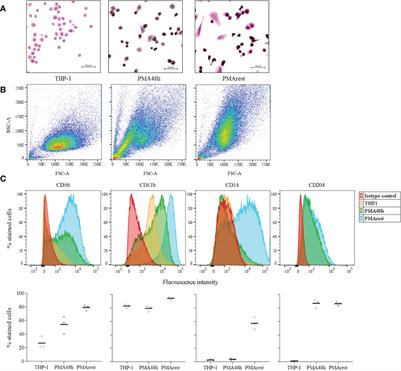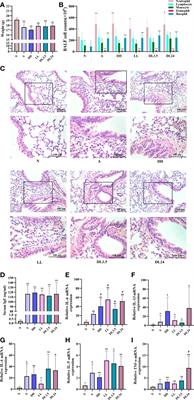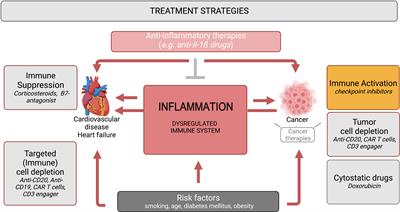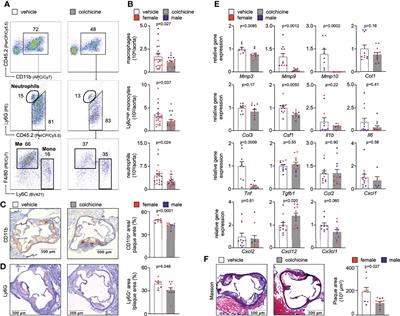ORIGINAL RESEARCH
Published on 22 Dec 2022
Resting time after phorbol 12-myristate 13-acetate in THP-1 derived macrophages provides a non-biased model for the study of NLRP3 inflammasome

doi 10.3389/fimmu.2022.958098
- 7,708 views
- 7 citations
31k
Total downloads
76k
Total views and downloads
ORIGINAL RESEARCH
Published on 22 Dec 2022

ORIGINAL RESEARCH
Published on 25 Nov 2022

MINI REVIEW
Published on 17 Nov 2022

REVIEW
Published on 05 Oct 2022

ORIGINAL RESEARCH
Published on 03 Oct 2022

ORIGINAL RESEARCH
Published on 01 Aug 2022

ORIGINAL RESEARCH
Published on 28 Jul 2022

ORIGINAL RESEARCH
Published on 08 Jul 2022

ORIGINAL RESEARCH
Published on 04 Jul 2022

ORIGINAL RESEARCH
Published on 04 Jul 2022

ORIGINAL RESEARCH
Published on 09 Jun 2022

ORIGINAL RESEARCH
Published on 27 Apr 2022

